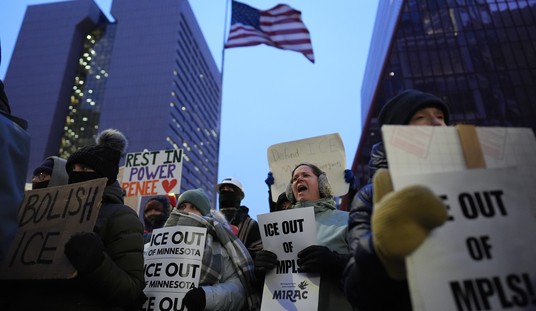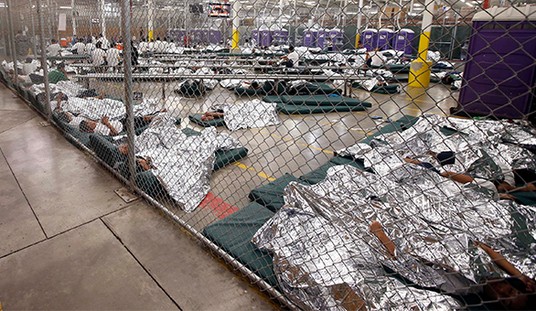If there is any validity to this story whatsoever, somebody in Washington needs to be held to account immediately. On Thursday, Congress grilled the leadership of the Joint Prisoner of War / Missing in Action Command (JPAC) over fiscal waste, a lack of clear leadership focus, and a general failure to perform their jobs at a suitable level. And JPAC has a critical job to do – one which I would hope every person in the country with an ounce of patriotic blood in their veins would support without question. They are responsible for finding and/or identifying the remains our military members lost in war and bring them home, offering closure to the families and giving the Honored Dead the recognition they deserve.
Unfortunately, it sounds like the criticism was mostly falling on deaf ears.
Leaders of the military’s POW/MIA recovery operations dismissed reports of rampant inefficiency and infighting in a Capitol Hill appearance Thursday, insisting that mostly minor changes will address public concerns about their work.
But furious lawmakers called that approach a disservice to fallen troops and their families, demanding larger changes and more proof that money being spent on the recovery efforts isn’t being wasted.
By all accounts, the committee wasn’t having any of it. In fact, Claire McCaskill was furious and Kelly Ayotte read them the riot act.
Maj. Gen. W. Montague Winfield, who oversees DPMO, said the two reports show “the need to take a look at our structure,” but not necessarily the need for total overhaul of operations…
“You’ve been looking and looking at this for 20 years,” Ayotte said. “We need to go beyond just looking. We need results.”
“If you don’t show results, the money will go away,” McCaskill said. “That’s the reality of the financial situation today.”
This investigative report from NBC news – which I suggest all of you read in its entirety – features complaints from Rick Stone, who joined JPAC after he retired from a career in law enforcement. He claims that he can quickly identify many of the Honored Dead buried as unknowns at one WW2 cemetery in Hawaii at very little cost. But the agency wouldn’t let him proceed because of bureaucratic nonsense.
Rick Stone stands in a volcanic crater overlooking Pearl Harbor, in the military cemetery known as the Punchbowl. Looking around him, it’s easy to spot the graves marked “Unknown.” They’re the ones where no relatives bring flowers.
Standing beside one marker, Stone says its occupant isn’t unknown to him. He is “100 percent” sure this is the grave of Earl Leroy Morrison, who was killed on the USS Arizona in Pearl Harbor.
More than 2,000 U.S. unknown soldiers from World War II are buried in this cemetery alone, among the more than 8,500 unknowns from World War II interred in U.S. military cemeteries worldwide.
But a Pentagon agency has refused to conduct DNA tests to determine once and for all whose bones are in the graves of the unknowns, even when its own investigators say they have narrowed it down to only one possible match.
Stone has been using such “questionable” tactics and analysis as matching the initials on a cigarette case found on the body of one sailor off the Arizona to the initials of the only unaccounted for sailor from that ship who had those initials. Yet the agency would not approve a request to ask the family for DNA to make the match. In another case, he identified one set of remains from an extremely short American with medium ash brown hair, killed in battle on the Pacific island of Tarawa. Of the missing from that fight, it narrowed his search down to only two heroes, one enlisted and one an officer. The body had officer insignia in a pocket of the uniform. How would you not pursue a match like that? Yet the agency again refused. In fact, as you’ll find in his report, JPAC refused each and every one of his more than 100 requests for DNA match testing, saying that they wouldn’t be doing any more research based on “biometric” data investigations. And these investigations are far, far cheaper than the agency’s many excursions to far off jungles to look for fragments. (That’s important work too, don’t get me wrong. But if we can quickly ID some of the bodies we already have in unmarked graves, how can we not pursue this if the families are willing?)
This is outrageous. Somebody needs a good dressing down at JPAC and some firm directives to get this job done and done right.







Join the conversation as a VIP Member